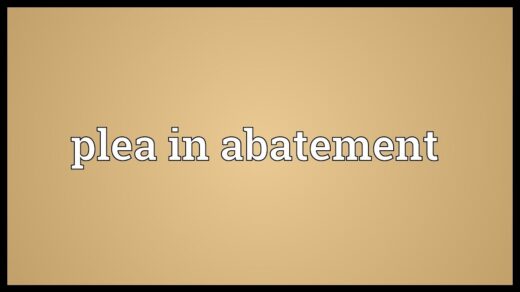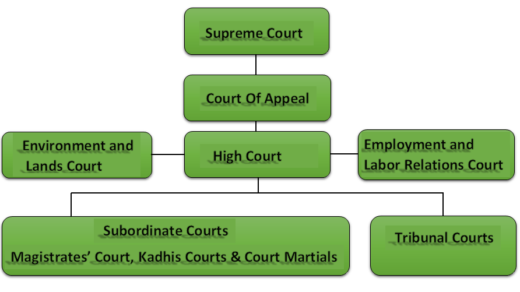Kenya, in its pursuit of a fair and efficient criminal justice system, has firmly embedded the concept of diversion within its legal framework.
This article explores how the Constitution of Kenya 2010 and national legislation advocate for alternative dispute resolution methods, emphasize the importance of justice without undue procedural technicalities, and grant discretionary powers to the Director of Public Prosecutions (DPP) for discontinuing criminal proceedings.
Constitutional Provisions
Alternative Dispute Resolution
The Constitution of Kenya 2010 explicitly promotes alternative forms of dispute resolution, including reconciliation, mediation, and traditional mechanisms.
This acknowledgment reflects a commitment to fostering a justice system that goes beyond traditional adversarial procedures.
Justice without Procedural Technicalities
The Constitution recognizes that justice should be administered without undue regard to procedural technicalities. This provision underscores the importance of substantive justice over rigid adherence to procedural rules.
DPP’s Discretionary Powers
The Constitution authorizes the Director of Public Prosecutions (DPP) to discontinue criminal proceedings at any stage before judgment is delivered.
The DPP is required to consider the public interest, the interests of the administration of justice, and the need to prevent and avoid abuse of the legal process in exercising this discretionary power.
National Legislation on Diversion
Public Interest in Reconciliation
National legislation recognizes the public interest in encouraging reconciliation instead of criminal proceedings in appropriate cases.
Proceedings can be discontinued to prevent abuse of process and protect the public interest, demonstrating a proactive approach to alternative resolution methods.
Staying or Terminating Court Proceedings
Court proceedings can be stayed or terminated if there is a court-approved amicable settlement of proceedings, particularly for common assault or other non-aggravated petty offenses.
This provision reflects a recognition of the potential for resolution through amicable settlements, reducing the burden on the court system.
Withdrawal of Criminal Complaints
National legislation allows for the withdrawal of criminal complaints and/or the acquittal of offenders if sufficient grounds exist.
This empowers parties involved to make informed decisions regarding the continuation of criminal proceedings based on the circumstances surrounding each case.
Probation-Based Diversion Scheme
A diversion scheme is available through the probation system for offenses triable by a subordinate court.
If the court finds the charge proved, no conviction will be entered, indicating a focus on rehabilitation rather than punitive measures.
Conciliation Agreement for Hate Speech
Offenders charged with hate speech can enter into a binding conciliation agreement, similar to diversion, instead of continuing with criminal proceedings.
This innovative approach recognizes the potential for resolution through dialogue and agreement, contributing to the broader goals of reconciliation and understanding.
Conclusion
Kenya’s constitutional and legislative provisions on diversion reflect a commitment to a justice system that is not only fair and efficient but also adaptive to the diverse needs of its citizens. By embedding the principles of alternative dispute resolution and empowering key stakeholders with discretionary powers, Kenya is poised to create a legal environment that emphasizes reconciliation, prevention of abuse, and the pursuit of justice beyond traditional paradigms.
The integration of diversionary practices showcases a forward-thinking approach to criminal justice, aligning with global trends that prioritize rehabilitation and restorative justice.



